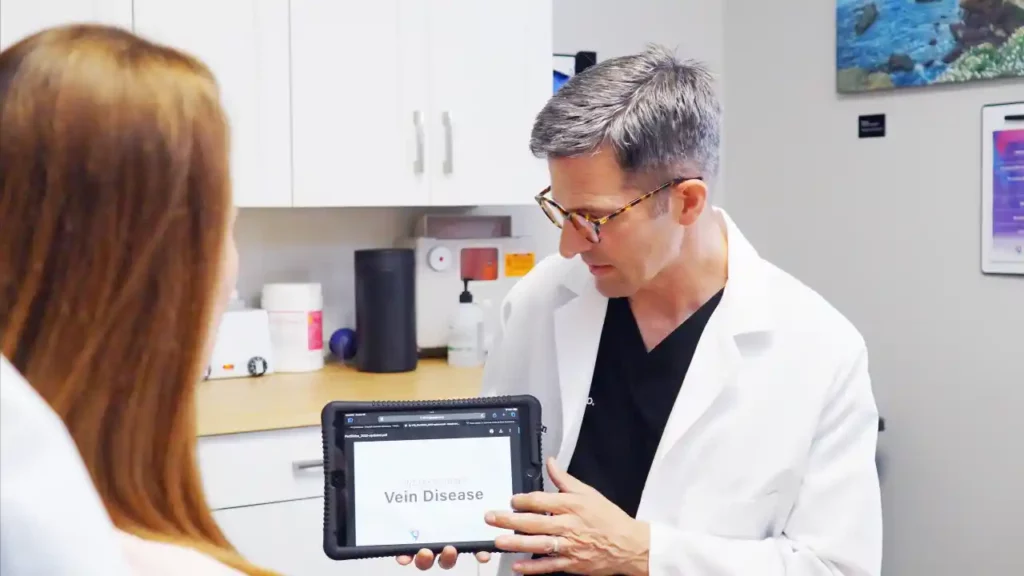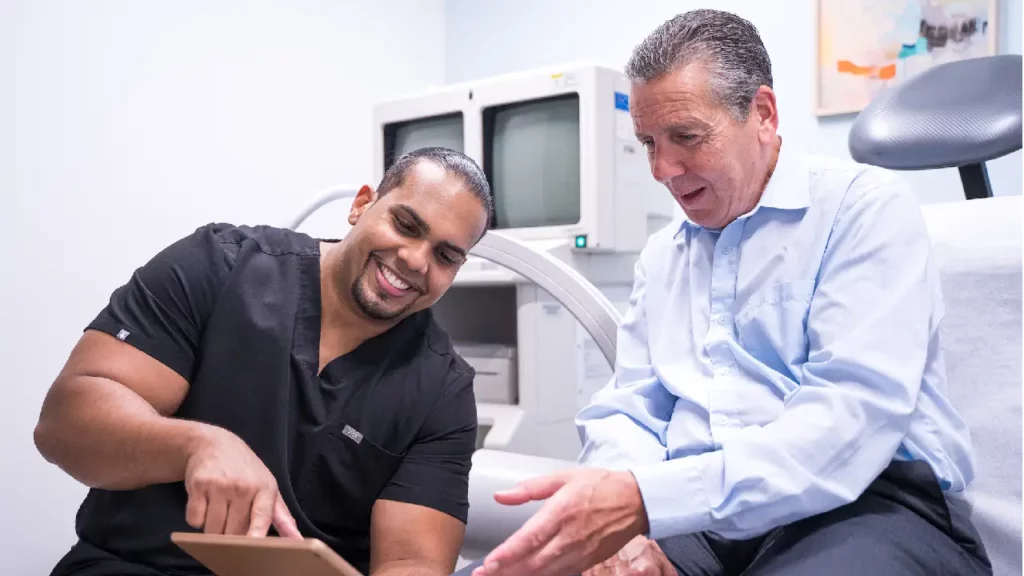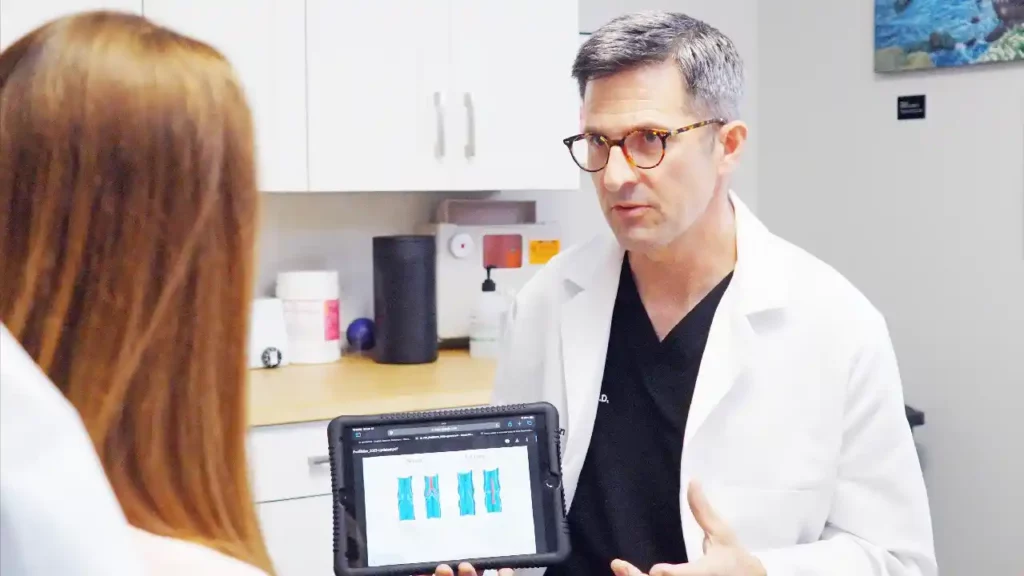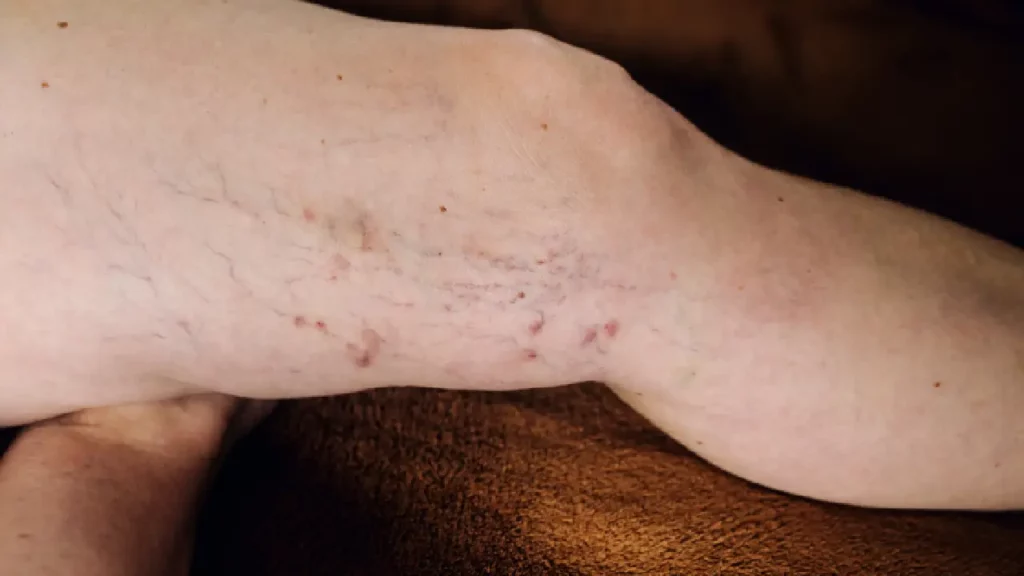Choosing to undergo vein treatment can be a deadly decision. It not only involves considerations about your health and appearance but also about choosing the right vein doctor. To make sure you are in the best hands and will receive the care that suits your needs, there are several key questions you should ask during your consultation. This guide aims to arm you with these questions, ensuring you’re fully informed before taking the next step.
1. What Are Your Qualifications and Experience in Vein Treatments?
It’s crucial to know that has the proper qualifications and a robust track record of successful treatments. Asking about their medical education, years of practice, and specific training in vein treatments can give you confidence in their ability to manage your care. The American Board of Venous & Lymphatic Medicine is a good benchmark for certifications. This ensures they’re not only adequately educated but also up-to-date with the latest treatments and techniques.
Beyond qualifications, experience matters significantly. Find out how many vein treatments the doctor has performed and inquire about their success rates. Experienced doctors can better anticipate and manage potential complications, resulting in safer and more effective outcomes for you.
2. What Types of Vein Treatments Do You Offer?
Vein treatments have evolved significantly over the years, offering a range of options from non-invasive to surgical. It’s important to ask your vein doctor about the variety of treatments they offer. This not only gives you a sense of their expertise but also how they can tailor treatment to your specific needs. Whether it’s sclerotherapy, laser treatments, or endovenous therapies, a well-rounded approach means they can provide the most effective treatment plan for you.
3. How Do You Determine Which Treatment Is Best for Me?
Every patient’s needs are unique, making personalized treatment plans critical for effective vein treatment. A reputable vein doctor will conduct a thorough examination, possibly including diagnostic tests like ultrasound, to understand your specific condition. This personalized approach ensures that you receive the most appropriate treatment for your situation, maximizing effectiveness while minimizing risks.
4. Can You Provide Before and After Photos of Previous Patients?
Before and after photos of previous patients can be incredibly revealing. Not only do they provide visual proof of the doctor’s abilities, but they also offer insight into the types of results you can expect. A vein doctor proud of their work will be more than willing to share these success stories with you.
5. What Should I Expect During the Recovery Process?
Understanding the recovery process is crucial to manage expectations and prepare for post-treatment care. Recovery times can vary based on the treatment received, so asking about the typical recovery timeline, possible side effects, and any restrictions on activities can help you plan your schedule and ensure a smooth recovery. Additionally, inquire about any follow-up visits or ongoing care needed to monitor your progress.
6. How Do You Handle Complications or Unsatisfactory Results?
While complications are rare, it’s important to know how your vein doctor address any issues should they arise. A good vein doctor will have a clear protocol for managing complications and be committed to ensuring you achieve the best possible outcome, even if it means additional treatments or adjustments to your care plan.
7. What Are the Costs Involved and Is It Covered by Insurance?
Vein treatment costs can vary widely based on the type of treatment and severity of your conditions. Discussing costs upfront can prevent unexpected expenses. Furthermore, it’s crucial to inquire whether the office can assist with insurance claims and if the treatments are typically covered by insurance providers. Understanding your financial responsibility upfront can help you make an informed decision about proceeding with treatment.
8. How Many Sessions Will I Need?
The number of sessions required can affect both your schedule and your budget. Ask your doctor for an estimated number of treatments needed to achieve your desired results. Keep in mind that this may vary depending on how your body responds to the treatment, so flexibility and ongoing assessments are important.
9. What Lifestyle Changes or Aftercare Will Be Necessary Post-Treatment?
Post-treatment care is just as important as the treatment itself for ensuring long-lasting results. Your vein doctor should provide detailed aftercare instructions, including any necessary lifestyle changes, to promote healing and prevent future issues. This might include recommendations for exercise, dietary adjustments, or wearing compression stockings. Ensuring you’re prepared for what comes after the treatment can be crucial to your overall satisfaction and long-term outcomes.






